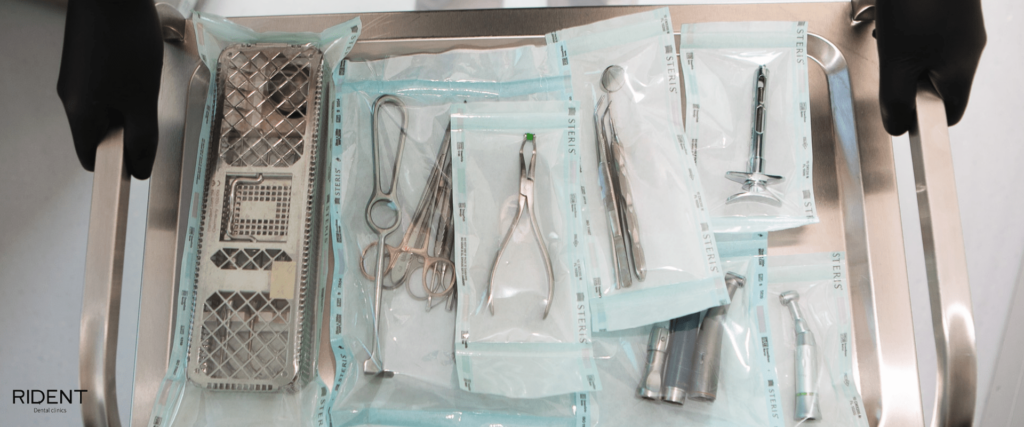04.01.2021
Wisdom teeth or third molars are the last teeth in the jaw, and they come out on average between the ages of 17 and 25. Many lay people, as well as dental experts, are wondering whether wisdom teeth have a purpose and whether we should keep them like other teeth or whether they should be extracted since more and more people have a number of unpleasant symptoms related to them.
Evolutionarily, wisdom teeth are rudimentary organs, ie organs that have evolutionarily lost their primary function since we no longer feed on rough and raw food as prehistoric humans, but mainly on processed food. Today’s problem of wisdom teeth arose because the jaw of the human species has shrunk compared to prehistoric humans, and at the same time the number of teeth in the jaw has not decreased for everyone. It is precisely because of this disproportion that the wisdom teeth often, and especially in the lower jaw, grow in an irregular shape and position. What we can say is that today we do not know exactly what the role of the wisdom tooth is, and its absence is considered an evolutionary progress.
Some of the situations when we decide to remove wisdom teeth are:
If the wisdom tooth does not cause any disturbance, it should not be removed!
In case you feel discomfort or pain associated with wisdom teeth, you can help yourself with a pain reliever from your home pharmacy that you normally use for pain (e.g. paracetamol, ibuprofen, ketoprofen, etc.). In addition to pain relief, it is important to maintain optimal oral hygiene and it is recommended to use chlorhexidine-based mouthwash or 3% hydrogen solution twice a day to reduce the number of microorganisms that cause inflammation in the oral cavity. This is in no way a substitute for professional help, so it is necessary to visit your dentist as soon as possible, who will make an accurate diagnosis and determine the further course of therapy by clinical and possibly radiological examination.
Wisdom tooth extraction is a surgical procedure performed under local anesthesia, and the procedure itself is not painful. The postoperative course is individual, and pain, swelling, bleeding and discomfort in the oral cavity may be expected over several days. It is extremely important to follow the instructions on behavior and recommended medications after the procedure, all in order to make recovery as quick and easy as possible. If all 4 wisdom teeth are to be extracted, it would be best to extract one tooth per visit to reduce discomfort in the oral cavity or first one side and then after recovery the other side. Removing all 4 wisdom teeth at once may be strenuous and tiring for the patient, so it is not recommended except in exceptional situations (e.g. uncooperative patients with special needs under general anesthesia).
